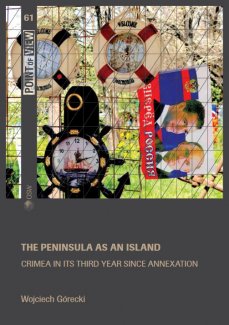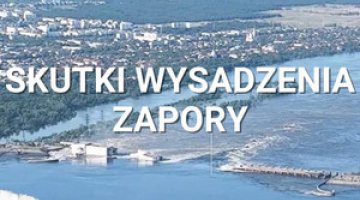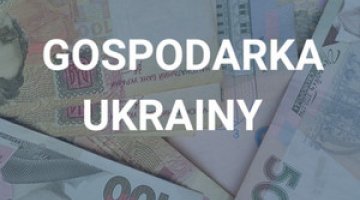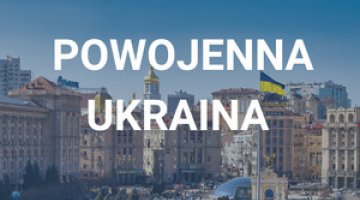The peninsula as an island. Crimea in its third year since annexation

More than two and a half years after its annexation, Crimea is more reminiscent of an island than a peninsula, and its population`s impeded access to the mainland is adversely affecting its conditions and quality of life. Regardless of the transport and social problems, the vast majority of the population have remained on the peninsula adapting to the new situation. They are willing to blame the present difficulties on sanctions, the West’s policies and the Ukrainian diversion. This attitude has been reinforced by Moscow’s policy of ‘facts on the ground’, its harsh rhetoric, its refusal to consider revising the status quo, and Kyiv’s lack of determination to restore its jurisdiction over Crimea. If this situation does not change, within a generation the peninsula may be fully integrated with Russia, due to the bridges being constructed over the Kerch Strait, as well as the expansion of Russian media and cultural ties. Crimean Tatars as a community have suffered most as a result of the annexation. Their representative body, the Mejlis, has been recognised as an extremist organisation in Russia, which prevents it from operating on the peninsula.




